Bhubaneswar, prabaha news : The Indian Road Congress (IRC) has ushered in a new era of infrastructure development in India. From global expressways like the Delhi–Mumbai Expressway to the sacred corridors surrounding the Shrimandir, the mark of the IRC is visible across the nation. In recent years, Odisha too has witnessed a remarkable transformation, reflecting a renewed spirit of Utkal. At the heart of this transformation stand IRC engineers — the architects of modern India — whose innovation and commitment have shaped the state’s evolving infrastructure landscape.
As Odisha prepares to host the IRC conference once again, it is an opportune moment to reflect on the state’s significant contributions to India’s road and bridge development. The IRC’s influence has extended deep into Odisha through the Odisha Bridge & Construction Corporation (OBCC), which has played a pivotal role in reshaping the state’s infrastructure map.
From the Shrimandir Parikrama Project in Puri and the Samaleswari Temple redevelopment in Sambalpur, Tara Tarini temple in ganjam to the Utkalmani Gopabandhu birthplace restoration in Suando village(Puri), OBCC’s initiatives have infused new life into Odisha’s heritage sites. Ongoing projects in Dhauli, Athar Nala, and Bakulaban further reflect this developmental momentum.
Key modern landmarks such as Odisha’s first trumpet bridge (Shri Setu) in Puri, twin flyovers in Keonjhar, the Netaji Bus Terminal in Cuttack, the Jagannath Ballav Pilgrimage Centre, Digabareni and Jail Road multi-level car parks, and the Musa River expansion project all bear testimony to the IRC’s engineering excellence through OBCC. A dedicated initiative is also underway to rejuvenate Puri Beach, in collaboration with Odisha University.
The state government has set an ambitious goal to upgrade 75,000 km of road network under the Odisha State Highways Authority. Officials are optimistic that the upcoming IRC session will pave the way for enhanced central assistance in road development, especially under the ongoing “double-engine government” model. Recently, the central government approved the construction of a 6-lane Bhubaneswar Bypass at an investment of ₹8,307 crore — a project expected to significantly ease traffic congestion around the capital city.
The IRC event will serve as a platform for showcasing the latest research, innovations, and industrial achievements in road and highway construction. Demonstrations of mechanized mastic asphalt technology — increasingly popular in modern roadwork — will be a key highlight, promoting knowledge exchange and best practices among engineers and industry experts.
By fostering collaboration, introducing cutting-edge technologies, and promoting sustainable engineering practices, this sixth edition of the Indian Road Congress is poised to lay a strong foundation for building a new, progressive Odisha — one that seamlessly blends heritage, innovation, and modernity.









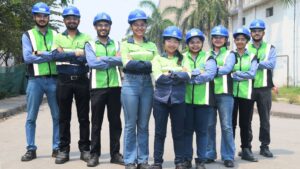
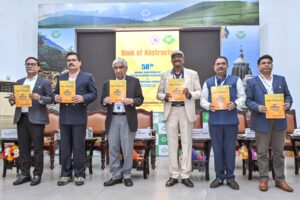


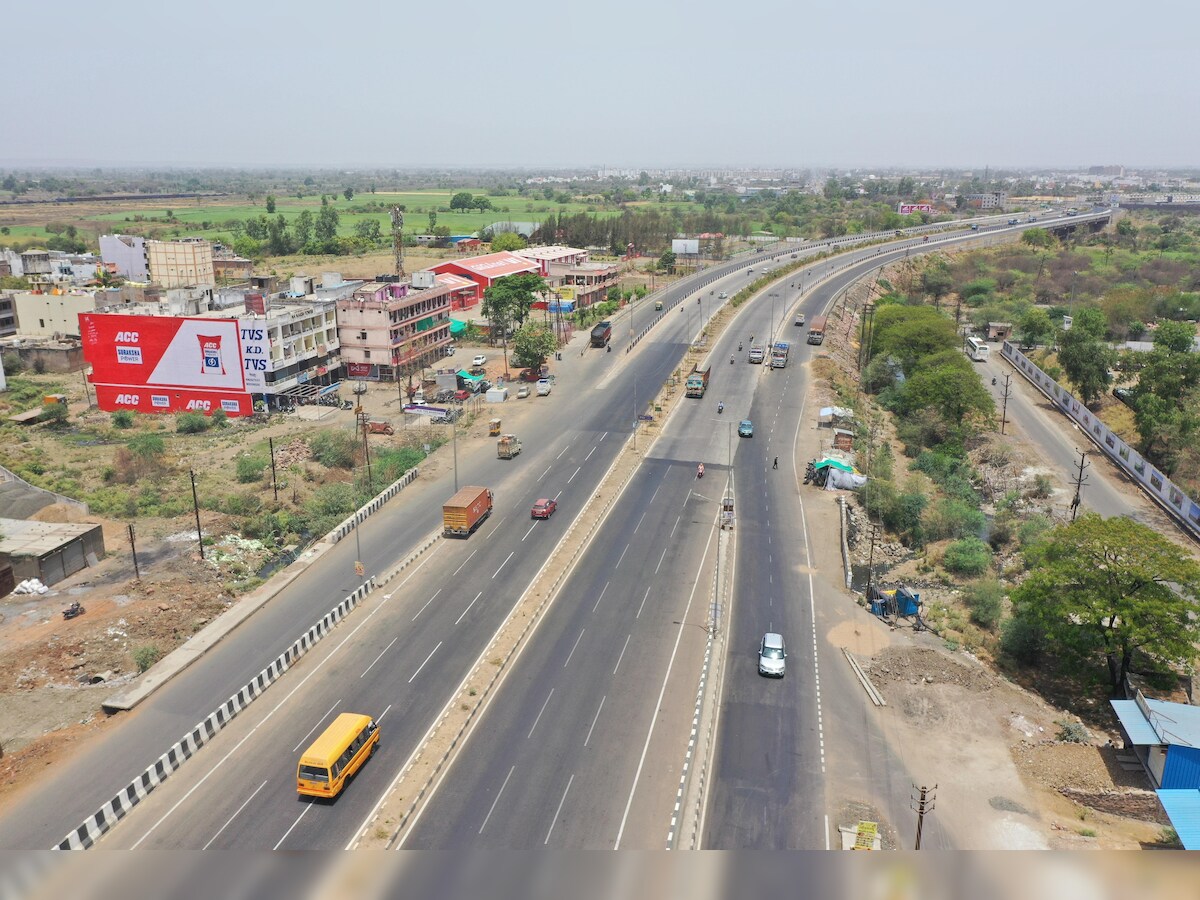
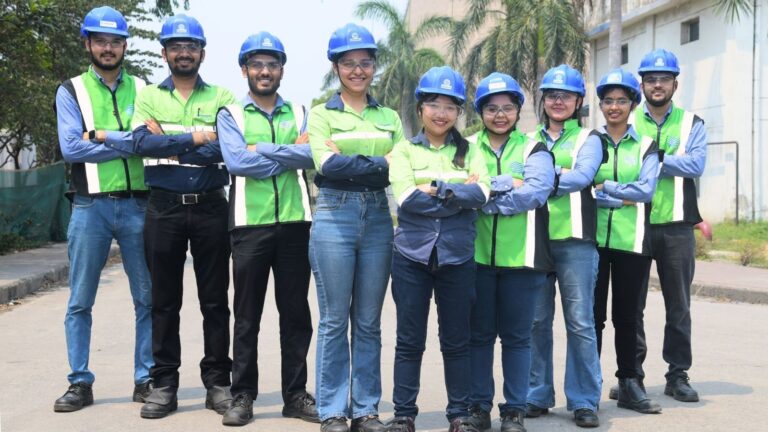
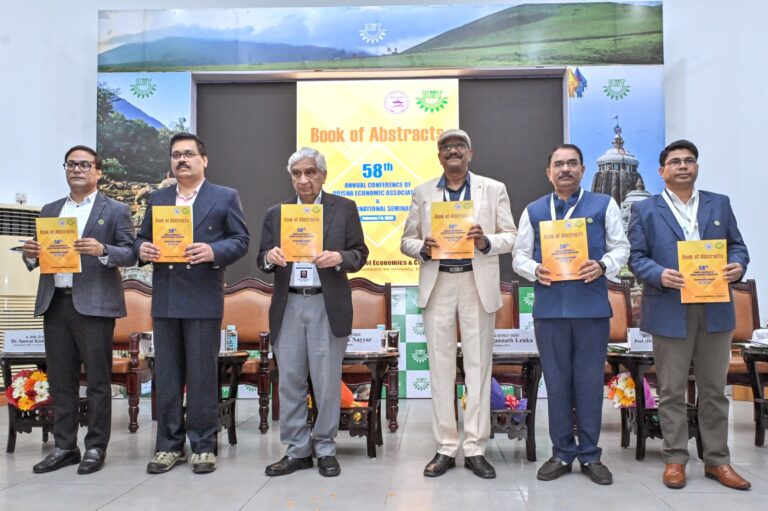






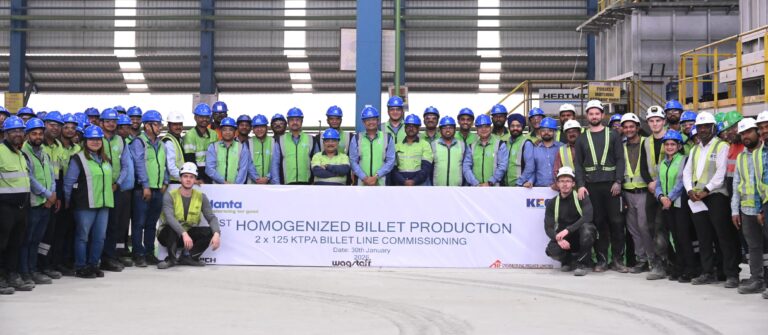
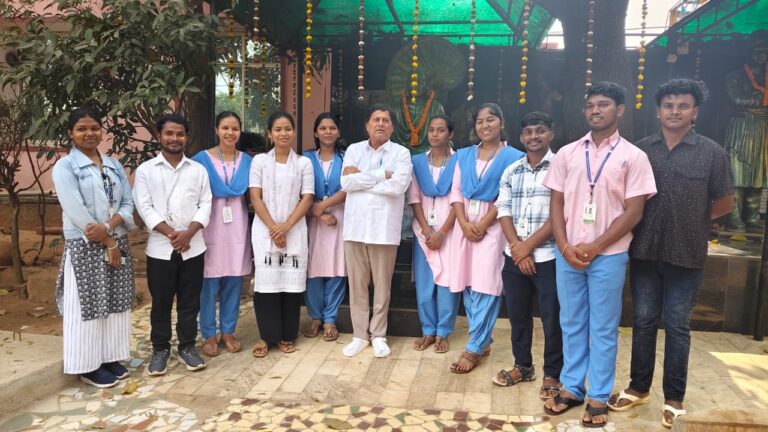
+ There are no comments
Add yours